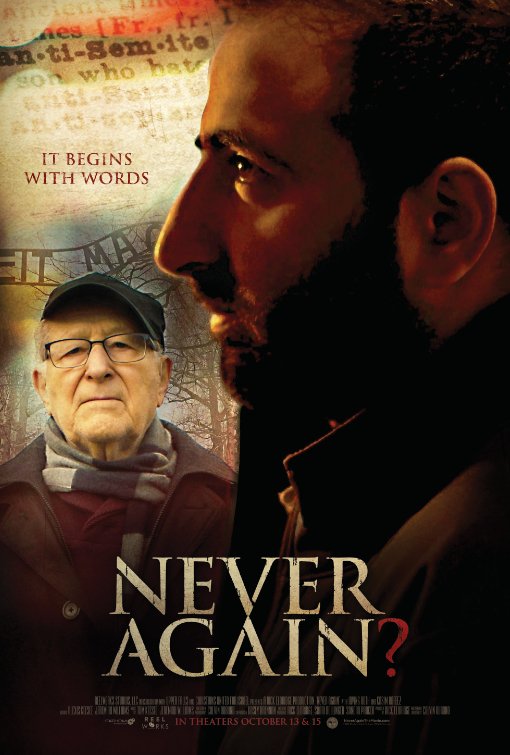Jennie Allen Encourages Us to Bring Emotions to God: ‘More Depth in That Relationship’
By Movieguide® Contributor
Author Jennie Allen is encouraging us to get closer to God emotionally in order to find “more depth in that relationship.”
“[When] you pull on a string, and you look at it, and you start to notice…and you start to talk about it, and you give it a name, you begin to understand where it came from,” Allen said of emotions. “And all of a sudden, that string isn’t all tangled up anymore…it doesn’t go away. It’s still there. But it’s meant to attach to the Lord, and it’s meant to attach to the people you love, and all of a sudden, what was all knotted up becomes these threads of connection to each other and the Lord.”
She reminded us to embrace emotions, but to also “move to restoration.”
“We want to move to forgiveness, and we want to move to all the things that God promises us with the fruits of the spirit — to peace, to patience, to kindness, to goodness, to gentleness,” Allen said.
One of the ways to do that? Our relationships with our loved ones.
“Our minds and our bodies do heal when we’re in community, when we process our emotions the way that God intended it to be,” Allen explained.
Allen also reflected on the ways that showing emotion can deepen and strengthen our relationships with God.
“When you feel sad and you go to God, there is more depth in that relationship than there was before,” she said. “Why? Because they get more of God. They get more of Him because they need Him, because they’re crying out to Him…and so we get more of God, and that helps make it worth it.”
Allen explores these topics in her book, “Untangle Your Emotions: Naming What You Feel & Knowing What To Do With It.”
“Feelings aren’t something to fix; they are something to feel,” a description of the book reads. “As we discover how to name and navigate our emotions, we’ll learn how they can draw us closer to the God who built us — soul, mind, and heart.”
In an interview with Men’s Journal, Allen explained, “It’s a book about controlling our thoughts. And it’s helpful and encouraging because you think, ‘Wow, I have the power over this.’ So, I went through a process the last few years that has brought me to a whole other understanding.”
“While our thought lives can in so many ways be controlled and we have authority over those, our emotional lives are not meant to be fixed,” she continued. “They are meant to be felt. Many people say emotions are dangerous. Emotions aren’t trustworthy. Emotions will lead you to a cliff. Hearing messages like that led me to this really important subject and got me thinking maybe we’ve gotten our views wrong on this.”
Movieguide® previously reported on Allen’s thoughts on the connection between our emotions and our relationship with God:
Candace Cameron Bure and author Jennie Allen explain why emotional moments are “opportunities to trust God more.”
“Everybody’s emotional because we’re built in the image of God,” Allen said during an appearance on “The Candace Cameron Bure Podcast.” “God’s way is to notice the emotion, to name the emotion, to feel the emotion, because these are gifts that God’s given us, and we’re supposed to feel them and then to share them with people, especially if they’re significant.
She and Bure talked about the anxieties people can have about showing negative emotions, like anger or sadness, and why they should express those feelings anyway.
“When we’re wrong, when other people wrong us, the potential for more intimacy is on the other side of that,” Allen explained.
She added that negative feelings are “why a lot of people will just decide not to feel, because emotions have hurt them from other people, and they have hurt people with emotions. And I would say that these are opportunities to trust God more. That’s what those emotions are, and these are opportunities to need the gospel.”
“We need God to help with anxiety,” Allen concluded. “We need God to help with our rage. We need God to help with our fear about the world and the future. We need God to help with our depression. We need God. And there are not more beautiful words to Him than that.”
https://www.instagram.com/p/C328DSGJfyS/?utm_source=ig_web_copy_link&igsh=MzRlODBiNWFlZA==
Questions or comments? Please write to us here.


 - Content:
- Content: 

